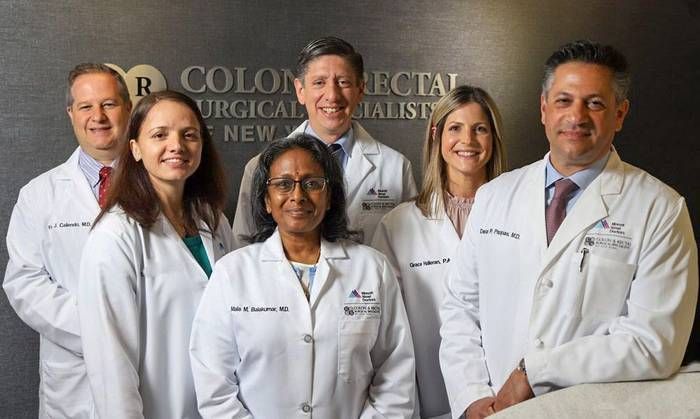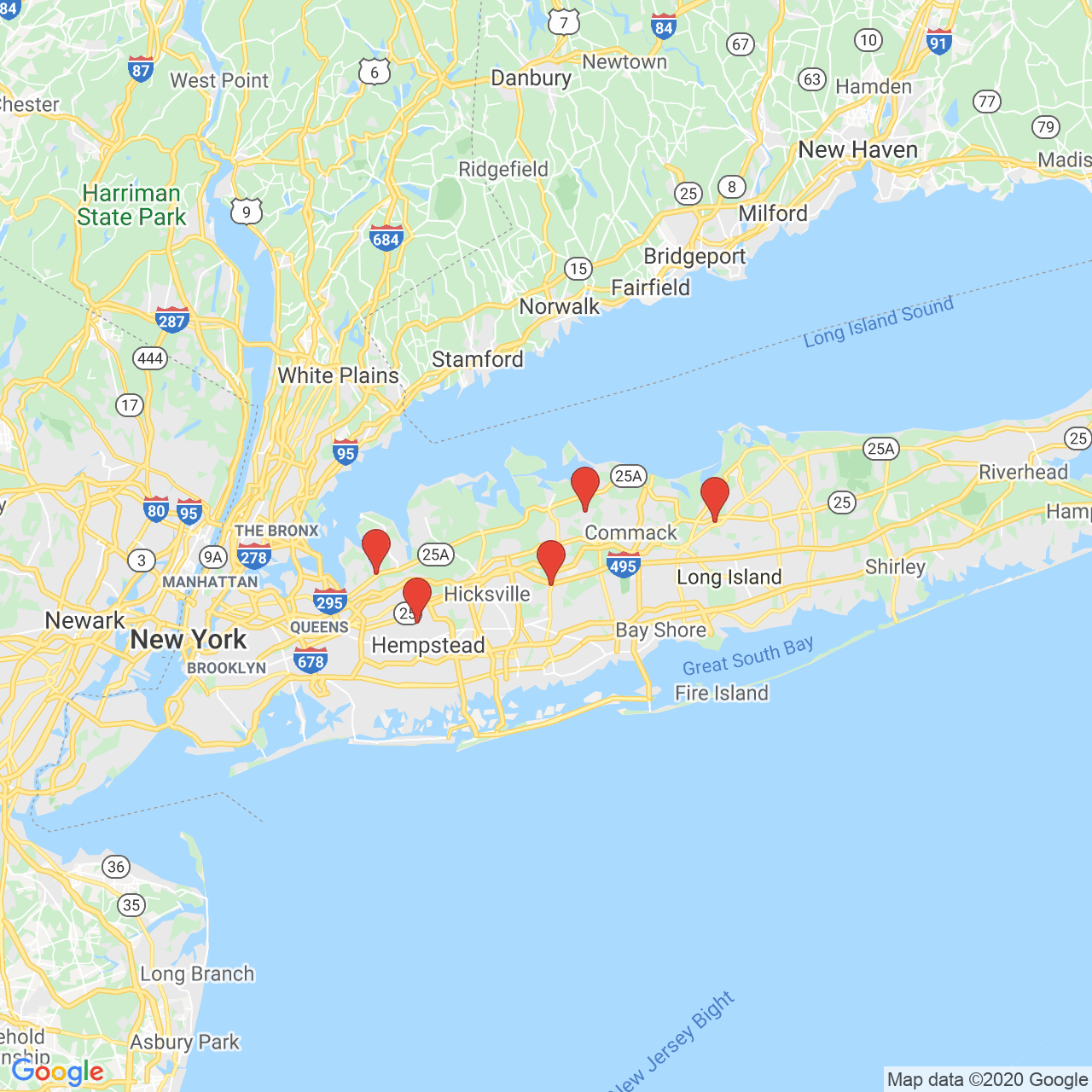
BY DEAN PAPPAS M.D.
Here at Colon & Rectal Surgical Specialists of New York, we offer state-of-the-art treatment for a number of health matters that affect the colon, rectum, and digestive tract. Our commitment to advanced care has helped numerous residents of Long Island achieve comfort and wellness, even when facing serious medical problems.
In addition to offering advanced surgery, we can also offer treatment and preventative care for conditions such as anal fissures. Since many people have a poor understanding of anal fissures, we’d like to go over the basics and consider some risk factors for this common problem.
About Anal Fissures
An anal fissure is a tear that appears in the tissue (mucosa) that lines the anus/lower rectum. Anal fissures typically do not lead to more serious health issues, though they can be uncomfortable and irritating, and in some cases very painful. Anal fissures that last for more than two months are considered chronic fissures.
When a person suffers an anal fissure, they will often experience a sharp or burning sensation during bowel movements. Bleeding is not uncommon in some cases, and many people will also notice an itchiness around their rectum and anus while a fissure is present.
Causes of Anal Fissures
There are many different causes of anal fissures. The most common causes of anal fissures tend to be passing large stools or hard stools.
There are a number of risk factors to consider that may make anal fissures more likely. We’ve listed several below.
Risk Factor: Infancy
Though medical experts have yet to figure out why, many infants experience anal fissures in their first years of life.
Risk Factor: Advanced Age
As people grow older, blood circulation tends to slow down. This can lead to an increased risk of anal fissures later in life.
Risk Factor: Constipation
Any time you have to strain during a bowel movement, this makes anal fissures more likely. This is why people often suffer from fissures after passing hard or large stools.
Risk Factor: Recent Childbirth
After a woman gives birth, she is typically more prone to experiencing anal fissures.
Risk Factor: Crohn’s Disease and Inflammatory Bowel Disease
Crohn’s disease and other conditions that lead to inflammation of the bowel can lead to a number of issues with the health of the digestive tract. These can make anal fissures more likely.
Risk Factor: Anal Intercourse
Given the strain and trauma that the rectal tissue experiences during anal intercourse, it should come as no surprise that anal fissures are more likely as a result.
Treatments for Anal Fissures
In most cases, anal fissures will heal on their own after a few weeks. If you suffer from an anal fissure, be sure to increase your intake of liquids and to get a lot of fiber in your diet. Sometimes having a soak in warm water for 10 to 20 minutes can be very helpful for easing irritation and relaxing the muscles of the sphincter.
When the anal fissure is chronic, various medications may be used to help manage the irritation and promote healing. In very rare instances, such as those in which the fissure affects the muscle tissue around the rectum and anus, surgery may be required.
Contact Colon & Rectal Surgical Specialists of New York
To learn more about anal fissures and what can be done to prevent and treat the condition, be sure to contact our colorectal surgery specialists today. The team at Colon & Rectal Surgical Specialists of New York will help you with your health and wellness issues.

